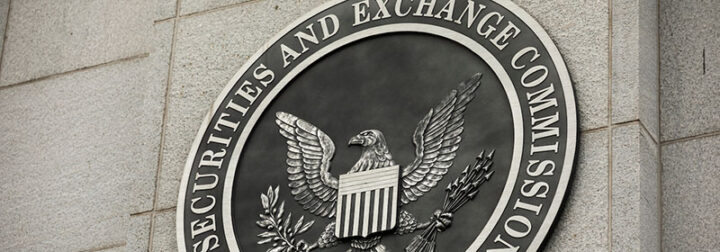
The backstory of Warren Buffett’s career and the creation of Berkshire Hathaway is a lot more fascinating and interesting than I thought possible. Last we left this story, Buffett had retired in 1969 but was still not yet working full-time with Charlie Munger at his side by 1974.
Roger Lowentein’s biography Buffett: The Making of an American Capitalist, isn’t told chronologically. After getting to 1974, the book steps back in time to explain Buffett and Munger’s long-time friendship and how that eventually turned into the business partnership that, from today’s perspective, seems to have been around since the dawn of time.
Technically, they were indirect partners back in 1966 when Buffett Partnership Ltd. set up the Diversified Retailing Company to purchase Hochschild-Kohn along with other department stores and retailers. Buffett’s investment partnership owned 80% and Munger’s partnership owned 10%. But both later dissolved those partnerships.

Buffett and Munger didn’t become daily business partners working for the same company until the mid-1970s. In 1970 Buffett started buying shares in Blue Chip Stamps, a loyalty program competing with the much larger S&H Green Stamps. Munger bought shares too. But the big complication came in that Buffett bought shares not only with his own money, but he also directed Diversified Retailing and Berkshire Hathaway to do the same.
That might have been fine, but the reason both men liked Blue Chip Stamps was that the company generated a lot of free cash flow. Simply put, stores paid Blue Chip in cash for the stamps, and customers redeemed the stamps many months later. Once Buffett controlled Blue Chip Stamps, he starting looking for interesting companies for it to buy with that cash, and started buying up shares of Wesco Financial, a savings & loan based in California.
Long story short, Wesco was not doing well, which is why its value was low, which is why Buffett thought it was a good investment. Buffett had many a lot of money in past decades buying up companies before they were turned around. But before this company could be turned around, an offer came in to be acquired. Buffett and Munger were not in favor, but the founder’s daughter owned enough of the company to decide whether the take the offer or not, and she was in favor until Buffett paid her a visit.
The acquisition was cancelled, Wesco’s shares plummeted, and Blue Chip Stamps bought shares until it owned 80%. That is when the SEC took notice.
The SEC questioned whether Blue Chip was manipulating the share price of Wesco. And once that can of worms was open, the SEC started questioning that complex web of ownership of Blue Chip Stamps too, by then controlling interest being 13% Warren E. Buffett, 16% Diversified Retailing, 26% Berkshire Hathaway.
In 1974 the SEC invited Buffett to questioning in Washington DC. Buffett, sans lawyers, answered all of their questions, patiently explaining investing like he did when teaching at university. The SEC invited him back over and over for the next two years until finally deciding upon a $115,000 fine to Blue Chip Stamps be paid to Wesco shareholders and no fault or other actions against Buffett himself. In fact, the SEC invited Buffett to sit on a blue-ribbon panel that was studying corporate disclosures.
But more importantly to Buffet, this multi-year investigation made Buffet deal with the conflicts of interest stemming from him controlling and co-investing across so many different companies. To rid himself of those conflicts and simplify his life, he merged Diversified Retailing and Blue Chip Stamps into Berkshire Hathaway, in the process swapping Charlie Munger’s shares of Blue Chip for 2% of Berkshire Hathaway and assigning Munger as Vice Chairman of Berkshire Hathaway, the title he still holds today.
And thus, if not for the SEC, Buffett might be a very different type of successful investor today, as owner of a dozen or more holding companies rather than one giant success. Or he might have been infamous instead of famous as the most investigated investor ever by the SEC.
So yes, while the SEC wasn’t the founder or manager or investor in Berkshire Hathaway, their actions in the mid-1970s created the Berkshire Hathaway we all know today.













